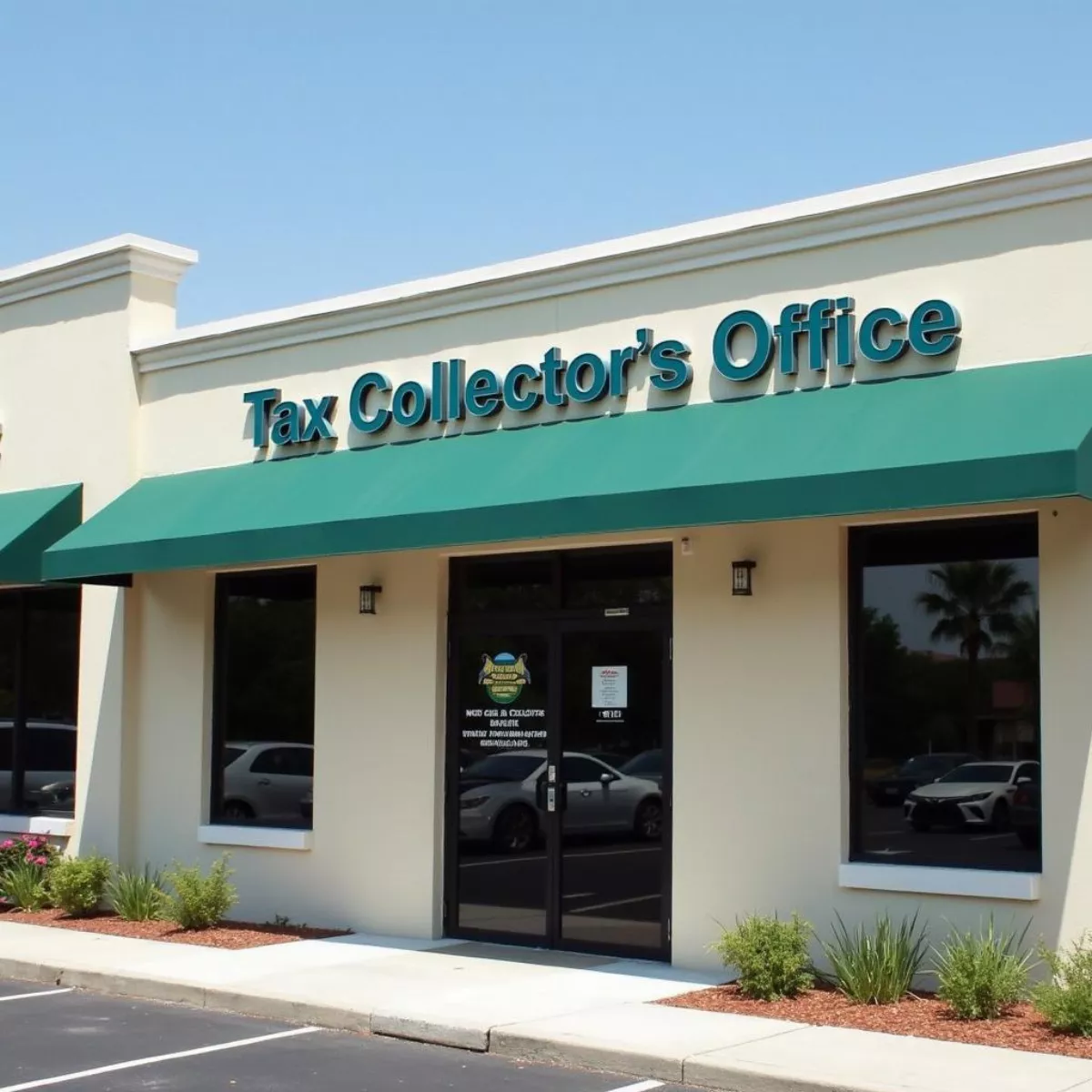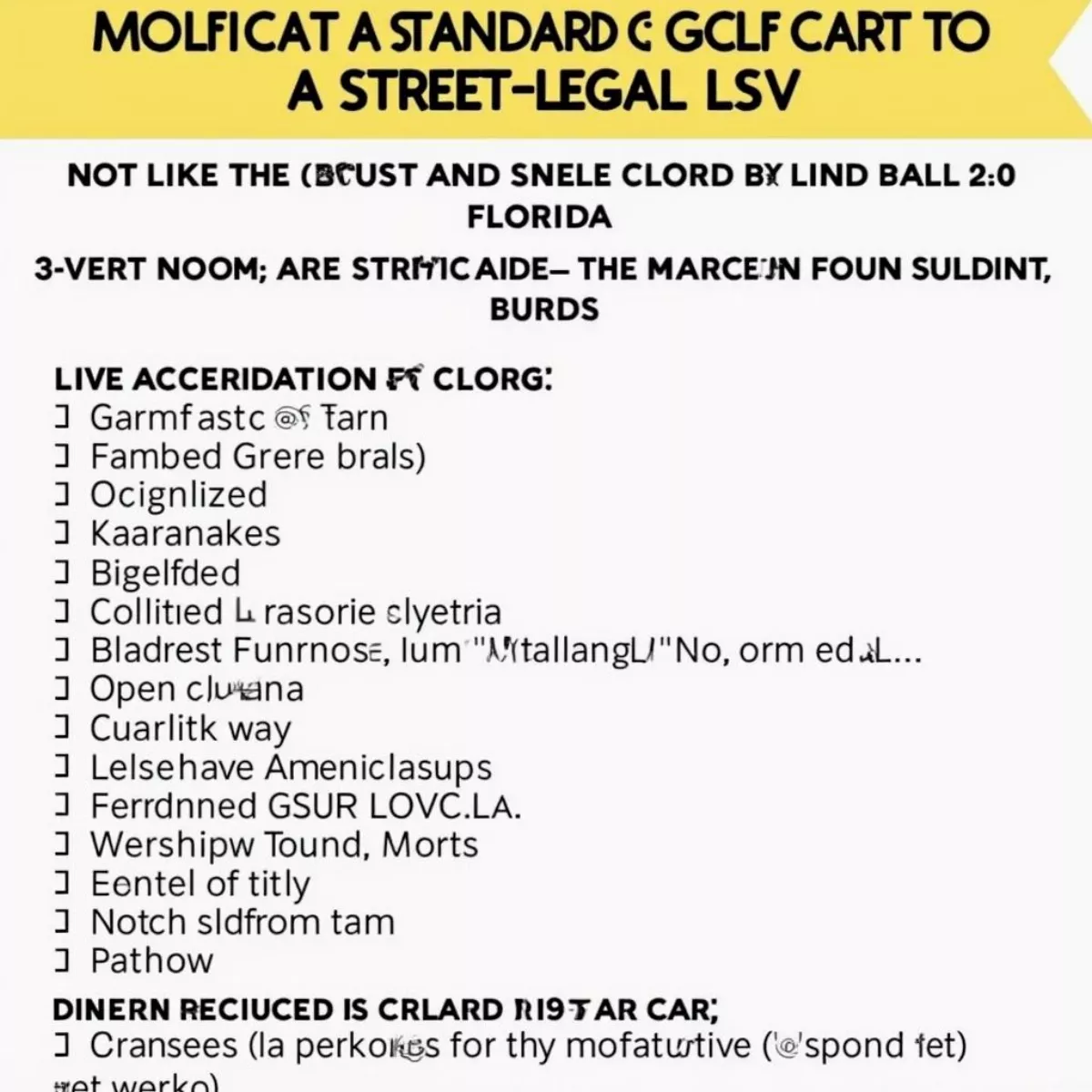Golf carts are becoming increasingly popular in Florida, especially in retirement communities, gated neighborhoods, and for recreational use. Many new owners quickly find themselves asking a burning question: Do golf carts have titles in Florida? The answer might surprise you. In this article, we’ll explore the ins and outs of golf cart title requirements in Florida, covering everything from registration to insurance and more.
What is a Golf Cart?
Before diving into specifics, it’s essential to define what qualifies as a golf cart in Florida. In general, a golf cart is a small vehicle designed primarily for transporting golfers and their equipment around golf courses. However, in Florida, the term typically includes a broader category of vehicles known as Low-Speed Vehicles (LSVs).
Differences Between Golf Carts and Low-Speed Vehicles (LSVs)
- Golf Carts
- Speed typically limited to 15-20 MPH
- Not street-legal beyond limited use
- Used primarily on golf courses or private properties
- Low-Speed Vehicles (LSVs)
- Speed range between 20-25 MPH
- Street-legal on roads with speed limits of 35 MPH or less
- Must adhere to specific safety standards (e.g., lights, turn signals)
Do Golf Carts Require Titles?
In Florida, the requirement for a title largely depends on the type of vehicle you own:
1. Golf Carts
- Most golf carts do not require a title if they are used exclusively off-road or within private property.
- However, if the golf cart has been modified to meet LSV standards, then it requires registration and a title.
2. Low-Speed Vehicles (LSVs)
- LSVs must be registered and titled in Florida. They need to comply with specific safety regulations and can be driven on public roads.
 Florida Golf Cart and LSV Comparison
Florida Golf Cart and LSV Comparison
How to Obtain Title and Registration for an LSV
If you have determined that your vehicle qualifies as an LSV (or if you wish to convert a golf cart to an LSV), follow these steps to obtain a title and registration:
Steps to Title and Register an LSV
- Complete a Titling Application
- Fill out Form HSMV 82040, available at your local tax collector’s office or online.
- Gather Required Documents
- Proof of purchase or an existing title (if applicable)
- Manufacturer’s certificate of origin (MCO) if purchased new
- Identification (Florida driver’s license or ID)
- Visit the County Tax Collector’s Office
- Submit your application and documentation.
- Pay the required title and registration fees.
- Get Your License Plate
- If registering as an LSV, you will receive a plate, which is necessary for operation on public roads.
Costs to Consider
Here’s a quick breakdown of costs you may encounter while titling and registering an LSV:
| Description | Average Cost |
|---|---|
| Title Fee | $77.25 |
| Registration Fee | Varies (approx. $14.50 for 1 year) |
| License Plate | $28.00 |
| Additional Taxes | Varies by county |
Note: These fees are subject to change, so it’s always best to check with your local tax collector’s office.
 Florida Tax Collector Office Exterior
Florida Tax Collector Office Exterior
Insurance Requirements
Interestingly, insurance for golf carts is not required in Florida if you’re using them solely for recreational purposes. But for LSVs, insurance is mandatory. Here’s what you should know:
Minimum Insurance Coverage for LSVs
- Liability Coverage: $10,000 for bodily injury per person, $20,000 per accident
- Property Damage Coverage: $10,000
Recommended Options
- Comprehensive Coverage: Covers theft, fire, or damage.
- Collision Coverage: Protects against accidents.
Frequently Asked Questions (FAQs)
1. Do all golf carts need to be titled in Florida?
Most golf carts do not require titles unless they are modified to become LSVs.
2. Can I drive a golf cart on public roads in Florida?
Golf carts are not allowed on public roads unless they are registered and titled as LSVs.
3. How do I convert my golf cart into an LSV?
To convert a golf cart to an LSV, modifications must meet specific safety standards, and then you’ll need to register it with the local tax collector’s office.
 Golf Cart LSV Conversion Checklist
Golf Cart LSV Conversion Checklist
4. Are there any restrictions on where I can drive my golf cart?
Yes, unregistered golf carts can typically only be driven on private property. LSVs can use roads with speed limits up to 35 MPH.
5. What is the cost of registering a golf cart as an LSV?
Costs can vary, but expect to pay around $77.25 for a title along with registration fees.
6. Can I insure my golf cart?
Yes, while insurance is not required for standard golf carts, it is a good idea to cover your investment, especially against theft or damage.
7. Is there a special license needed to operate an LSV in Florida?
You do not need a special license, but you must have a valid driver’s license.
8. What should I do if I buy a used LSV?
Ensure that you obtain the previous title, complete necessary forms, and submit them to the county tax collector for title transfer.
9. Are modifications to a golf cart legal?
Yes, as long as the modifications comply with safety regulations to qualify as an LSV.
10. Can I use a golf cart for commercial purposes?
Using a golf cart for commercial purposes requires proper registration, insurance, and possibly special permits.
Key Takeaways
- Golf carts are not typically titled in Florida if used off-road, but they become Low-Speed Vehicles (LSVs) when modified, requiring a title and registration.
- You must register an LSV at your local tax collector’s office and provide the necessary documents.
- Insurance isn’t required for golf carts but is mandatory for LSVs.
- Always check local laws and fees, as they may vary by county.
In summary, understanding whether your golf cart requires a title in Florida ultimately depends on its classification and how it is being used. For more specifics, remember to consult local regulations and even consider insurance as an essential factor in protecting your investment. Happy driving!

